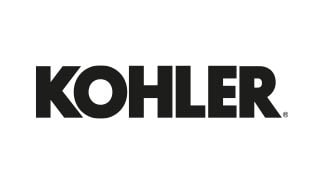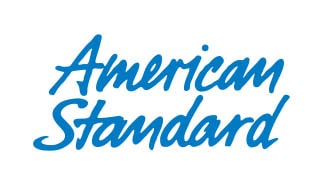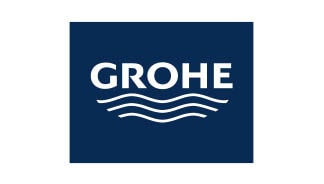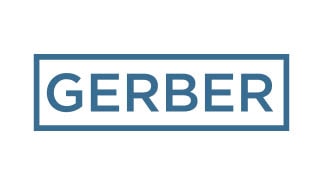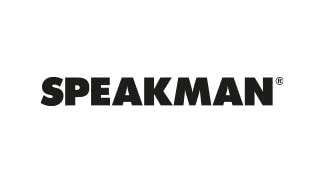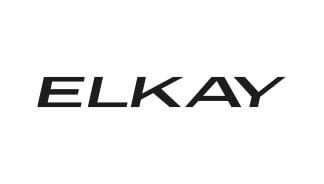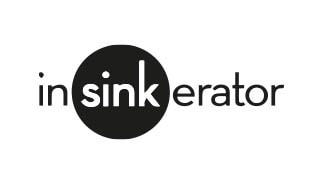Published on
August 17th, 2023Can High Water Pressure Damage Pipes? Using a Pressure Regulator To Protect Plumbing Systems
Do you hear complaints about banging pipes in your New York City property? This is likely a sign of high water pressure.
You may wonder how urgent an issue this is to address. Can high water pressure damage pipes? Too much pressure in the system can cause leaks and bursts over time. To avoid costly repairs, you should call for an immediate system inspection.
Correcting high water pressure can be as simple as installing a pressure regulator. This installation is an affordable and effective preventative.
How Can High Water Pressure Damage Pipes?
The Risks of Excessive Pressure in the System
Normal water pressure is around 45 to 55 psi. Anything over 60 psi may start to harm your system.
Unfortunately, high pressure is not as apparent as low pressure. You may not notice any issues in your building until you start collecting complaints about banging or rattling pipes, leaking faucets, or excessive water bills.
A high-pressure system can waste water, potentially causing significant increases in utility costs. The pressure causes water to exit faucets at a higher rate, which may feel good in the shower but wastes between 6 and 26 gallons of water every 10 minutes.
Also, appliances that use water can only handle so much pressure. Manufacturers design appliances with expectations of standard PSI ranges. When a system exceeds those expectations, the pressure can result in appliance failure or damage.
Finally, high water pressure can damage pipes, especially older pipes. Excess pressure can cause cracks, broken seals, and even line breaks.
How Do You Resolve High-Pressure Problems?
Understanding Pressure Regulators
A pressure regulator or pressure-reducing valve is a device that reduces the flow of water into a building. The valve installation occurs where the main water line meets the residential or commercial property system.
This dome-shaped fitting found near the main shutoff valve has an adjustment screw that adjusts the tension of the regulator and its variable spring-loaded diaphragm. Depending on the water pressure entering the diaphragm, it constricts or expands to maintain adequate pressure for the water entering the building’s system.
The adjustment screw at the top of the device allows you to tighten and increase tension on the innerspring or loosen it and decrease tension. Increasing tension will reduce the pressure of water exiting the valve, and loosening it will increase the pressure.
Recognizing the Need for a Pressure Regulator
To determine whether your property needs a pressure regulator, you must establish if you have high water pressure. High pressure is typically considered anything over 80 psi. At that level, the pressure is likely causing excessive stress on pipes, fittings, and fixtures.
You can measure the water pressure with a pressure gauge, available at hardware or home improvement stores. The gauge connects to a hose bib or faucet and can provide a basic reading when using the cold water supply. For more accurate readings, contact Sanitary Plumbing.
Testing your system at different times is critical because city water pressure fluctuates, often increasing overnight as demand decreases. You should also ensure that all taps, fixtures, and faucets are off except the one with the gauge.
To avoid the hassle of buying a gauge and testing the water pressure, you can call your local water company and ask if a pressure regulator is necessary in your neighborhood. You can also request a system assessment by Sanitary Plumbing.
Considering the Cost of Pressure Regulators and Installation
Most building owners decide to install a pressure regulator because of the risks associated with high water pressure. The device alone is not too expensive — $50 to $200, depending on the water line size.
Keep in mind that the installation of the regulator is more complex than you might expect. The absence of threaded couplings and the intricate plumbing involved demands professional installation. With the device and labor costs, a property owner can expect to pay between $250 and $450. However, that estimate may increase depending on the specific system and setup.
However, this cost is minimal compared to the potential cost of repairs caused by excessive pressure. Leaks, broken lines, and burst pipes can add up to repairs in the thousands if not tens of thousands of dollars.
Learning the Typical Life Expectancy of Pressure Regulators
While pressure regulators are excellent preventatives against high water pressure damage, the devices are not everlasting. On average, a regulator should last between four and 12 years. That said, most manufacturers encourage property owners to replace the devices every five years. The conservative suggestion ensures the devices can adequately protect the plumbing infrastructure.
Keeping a pressure regulator longer than the manufacturer’s recommendation risks degradation of the device and its internal mechanisms. When a regulator surpasses its usefulness date, the diaphragm and innerspring may not control incoming water supplies as effectively.
Common signs of a failing pressure regulator include inconsistent water pressure and water hammering. While the city water supply may fluctuate drastically during the day, building owners should not notice the fluctuation with a working regulator. Also, fluctuating pressure in the lines will increase the risks of water hammering or pipe banging.
It is also possible for new devices or regulators that have yet to reach maturity to malfunction. Some of the most common signs of a faulty regulator include:
- – Fluctuating water pressure
- – Low water pressure
- – High water pressure
- – Noisy pipes
- – Leaking pipes
To prevent pressure regulator problems, property owners should schedule annual plumbing inspections. Sanitary Plumbing can include high-pressure checks during the inspection to ensure your system is safe. The service can also inspect your regulator to ensure it functions properly and replace it if necessary.
Can High Water Pressure Damage Pipes? Yes, But You Can Avoid It
Call Sanitary Plumbing for Pressure Valve Installation
High water pressure can make for a nice shower, but it often leads to other concerns. Can high water pressure damage pipes and other parts of a plumbing system? Too much pressure in your building’s lines can cause leaks and breaks and damage appliances. A pressure regulator is an affordable device that helps manage the water pressure entering a building, guarding against damage. Contact Sanitary Plumbing at 212-734-5000 to discuss valve installation and plumbing inspections.
